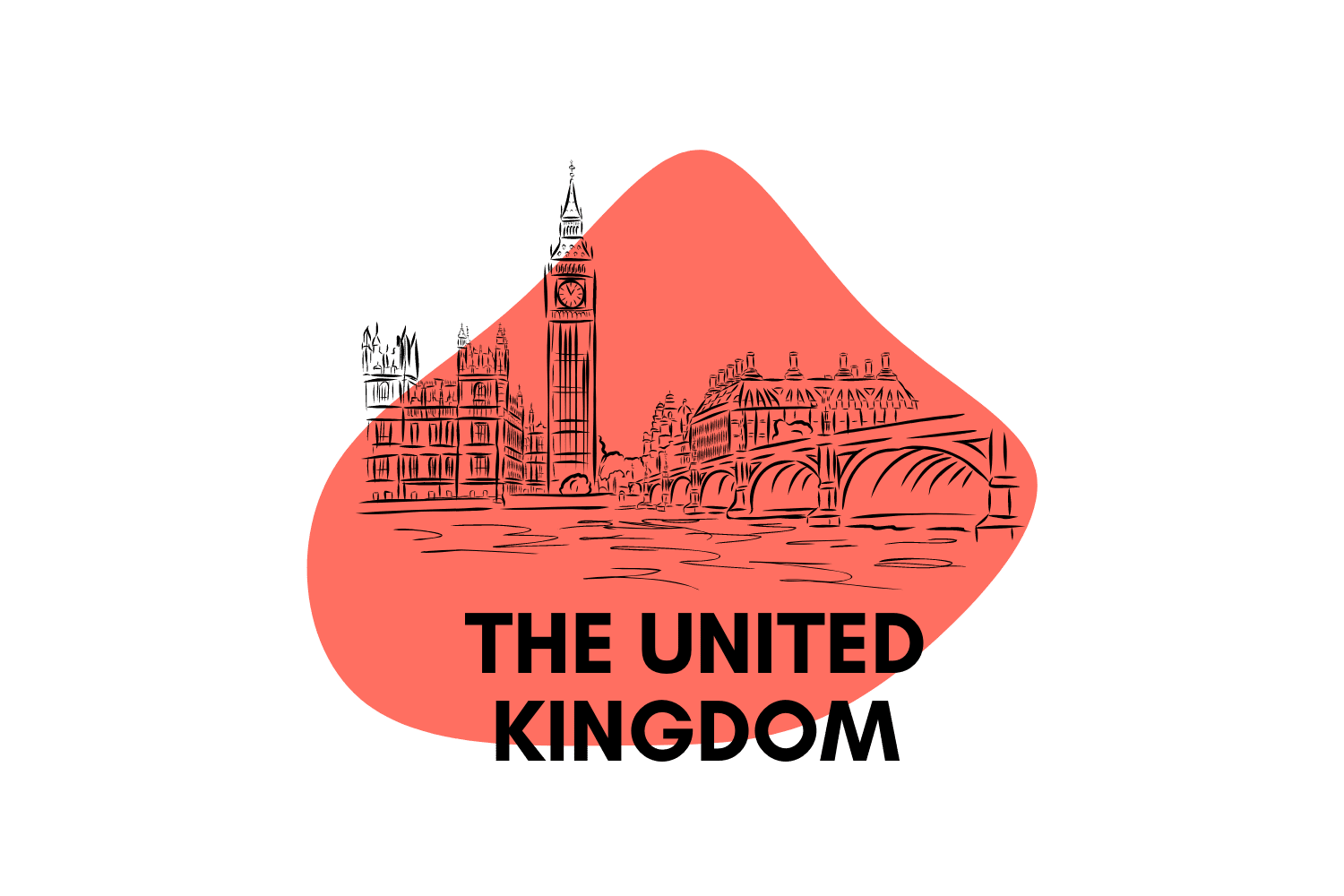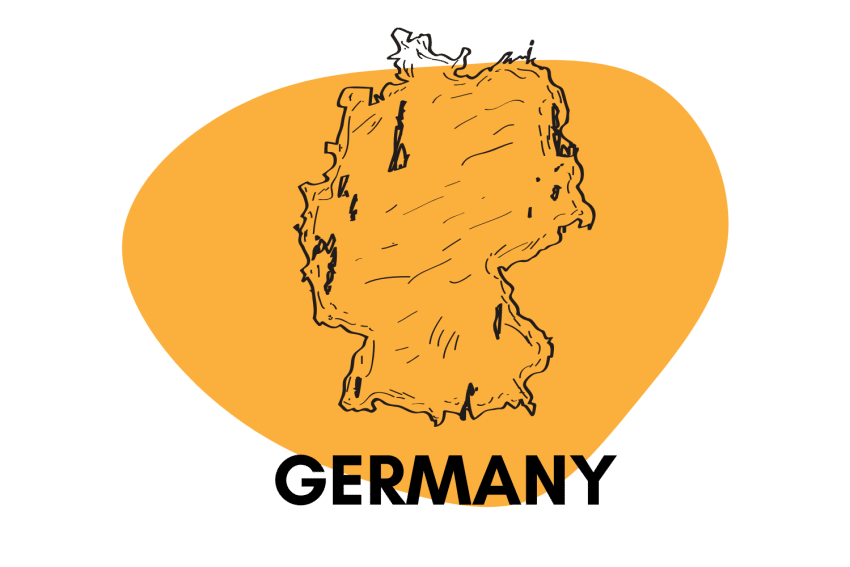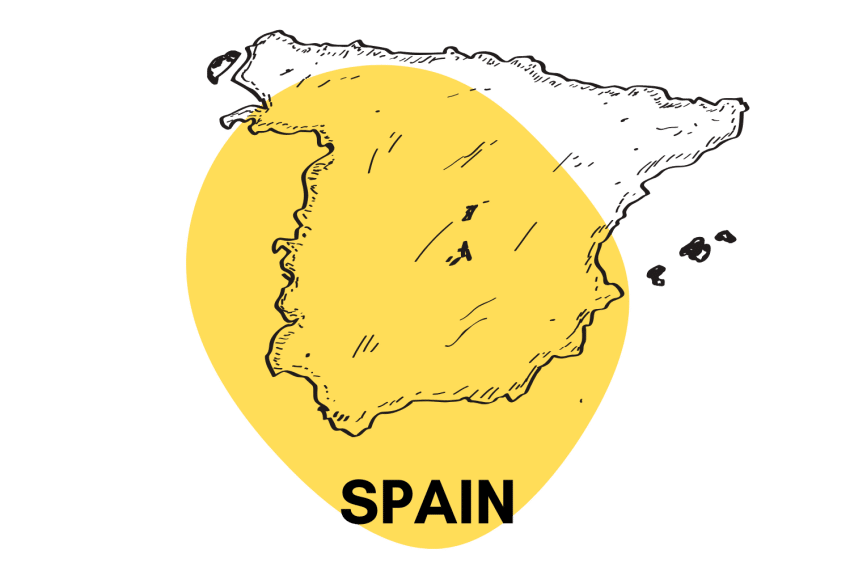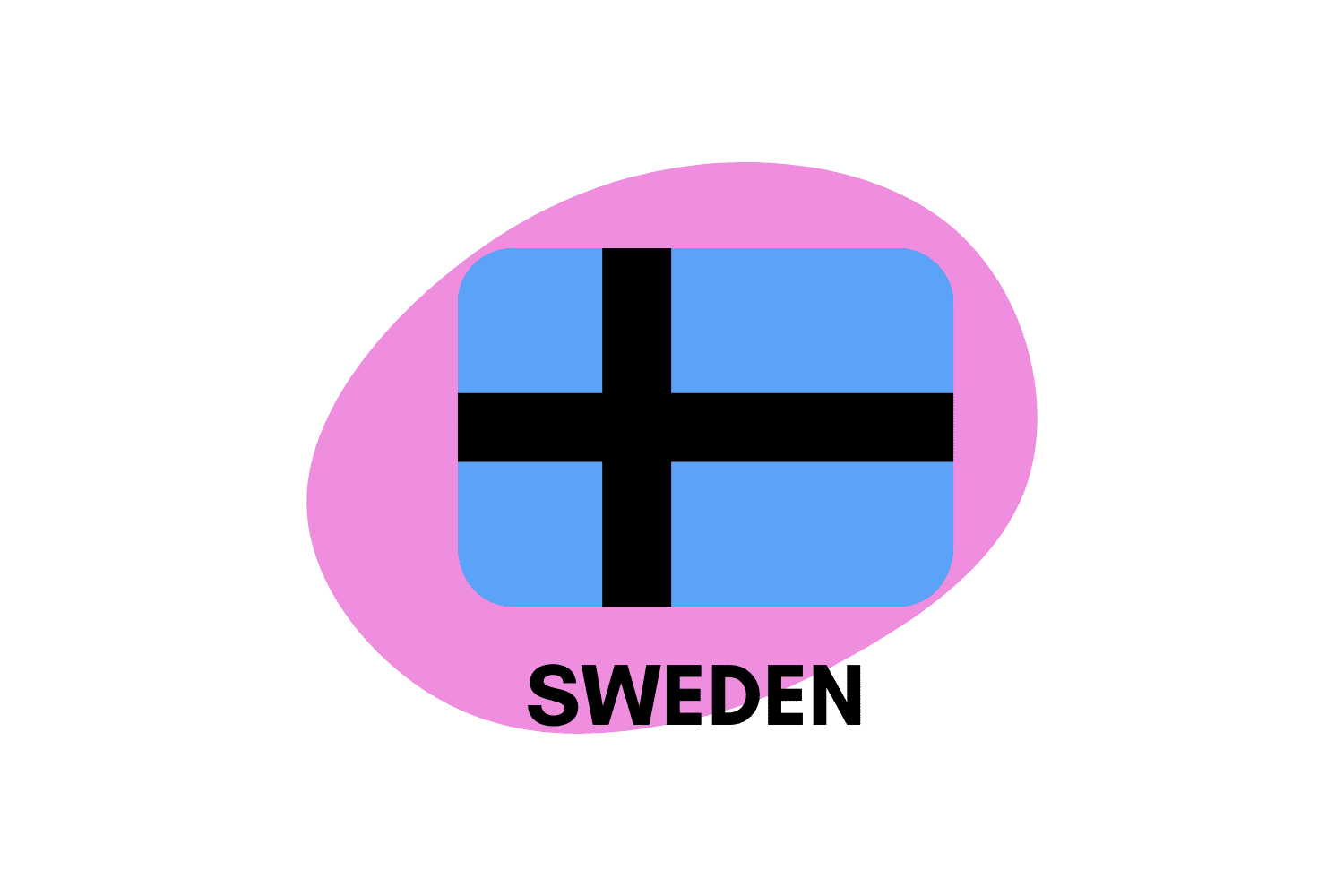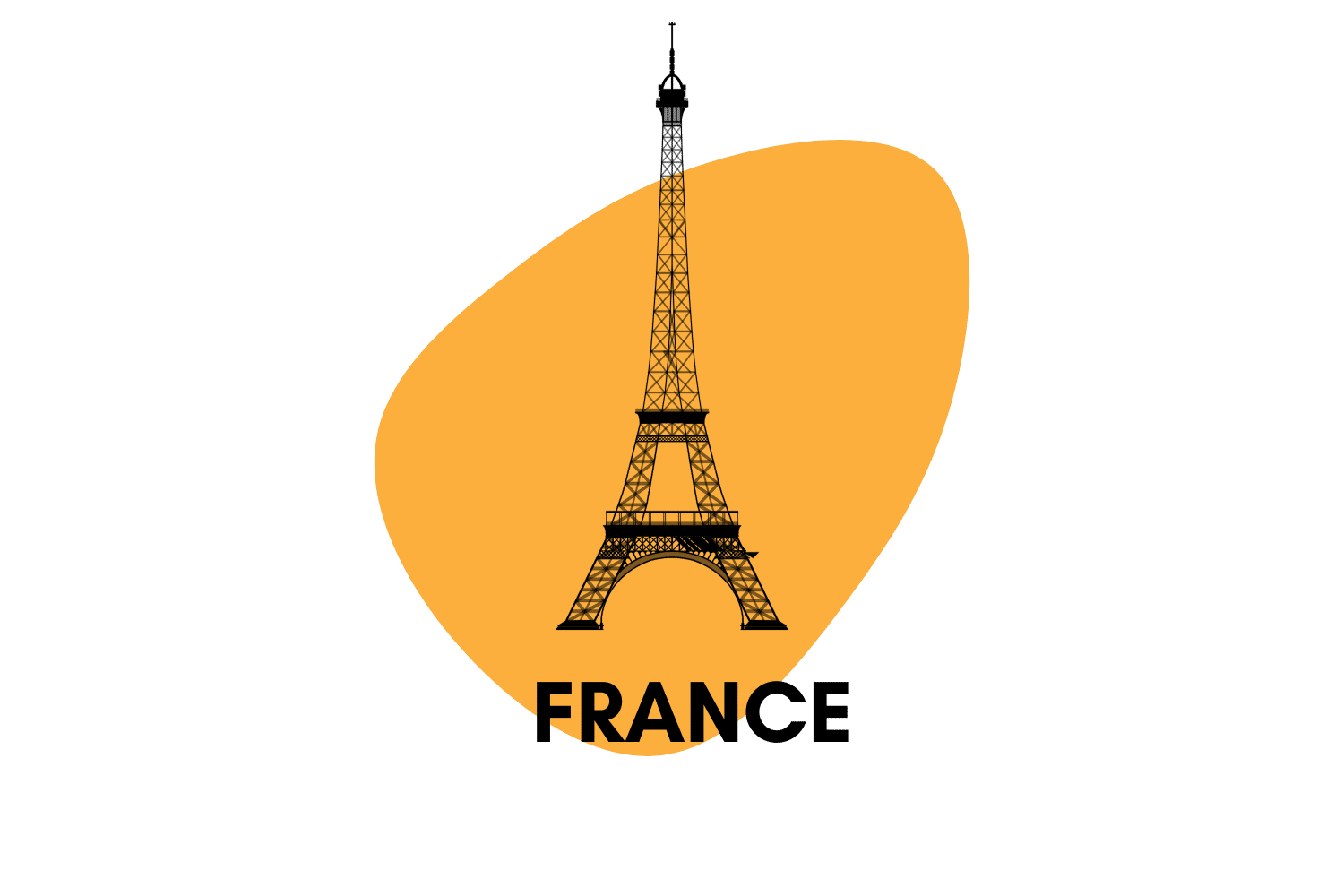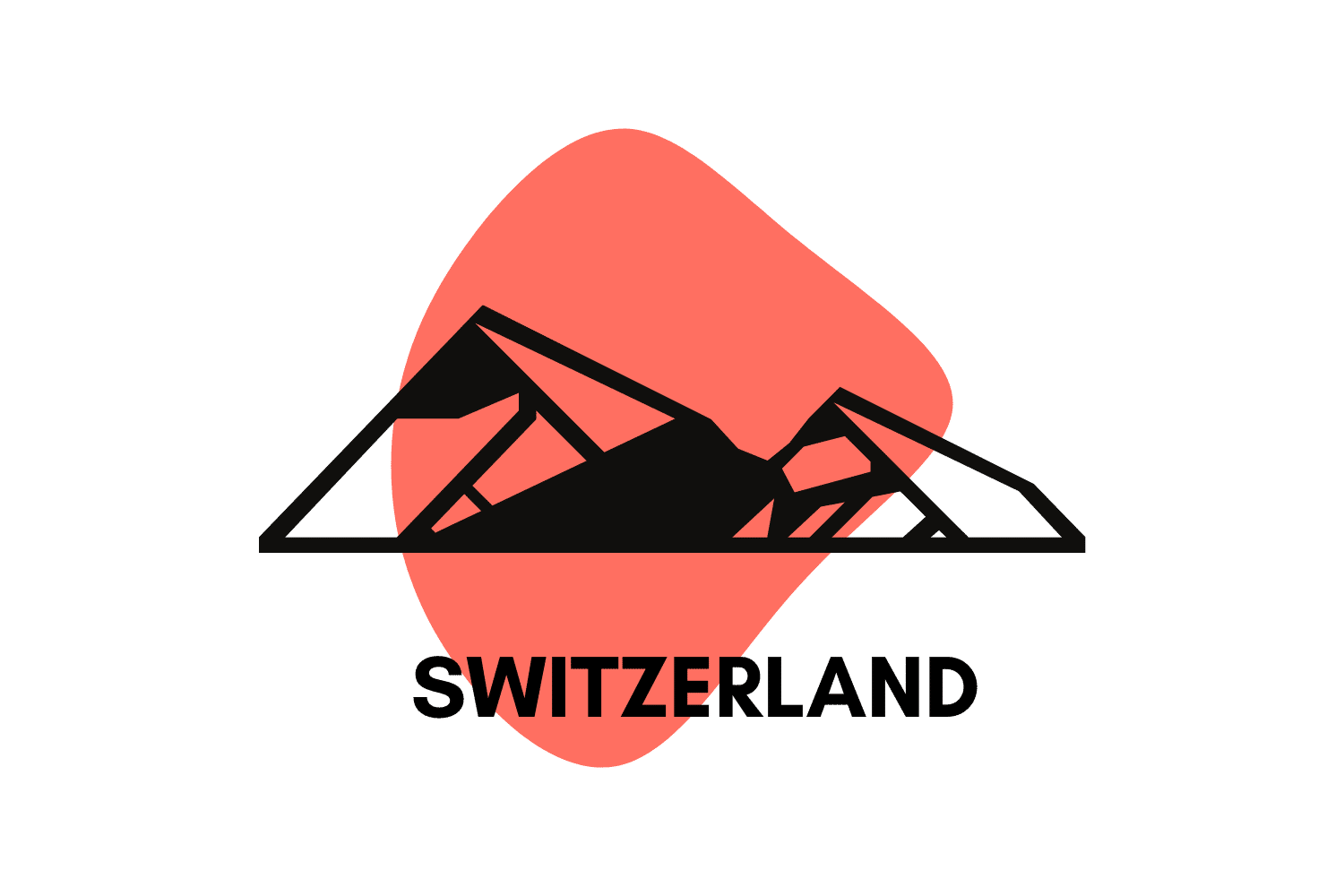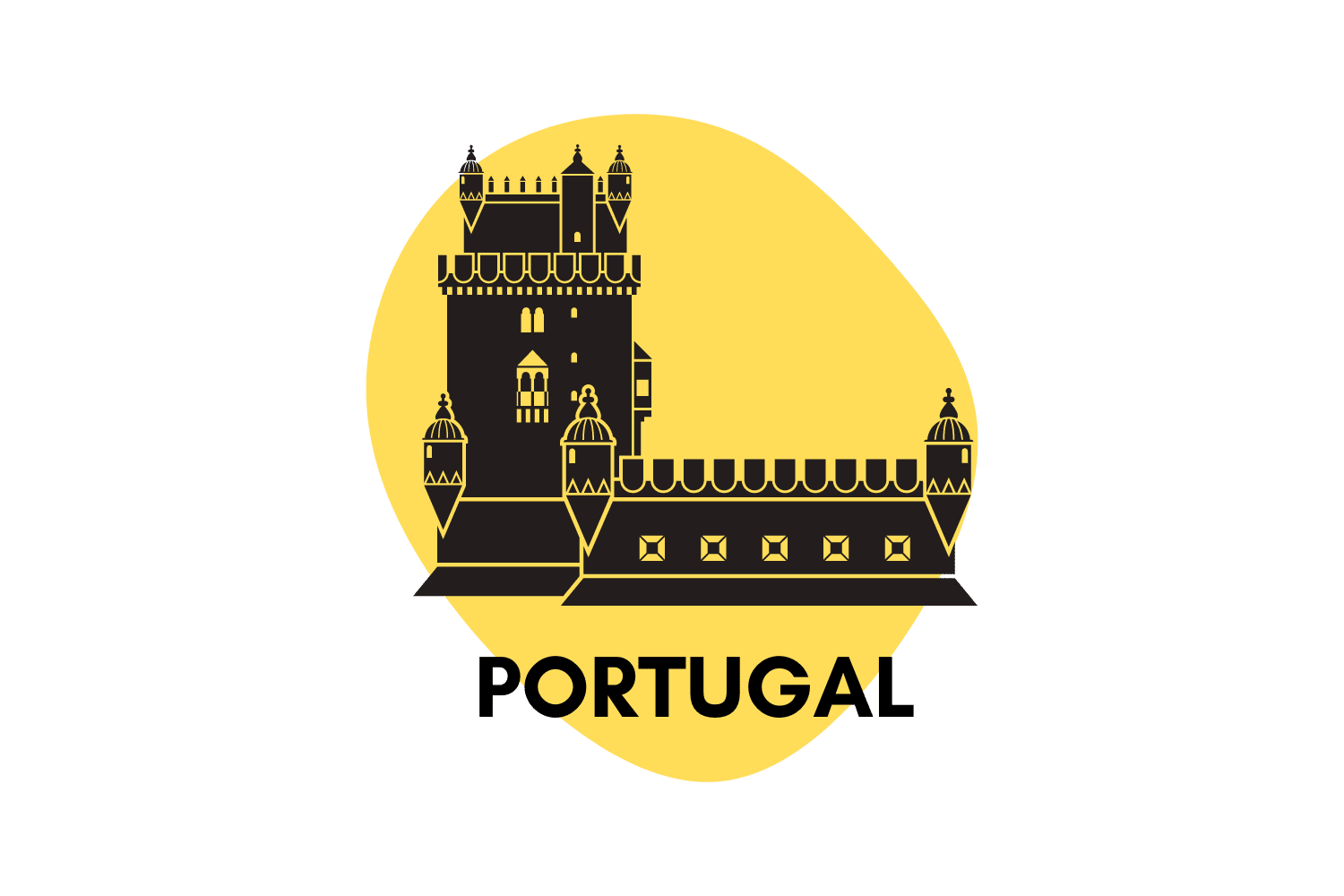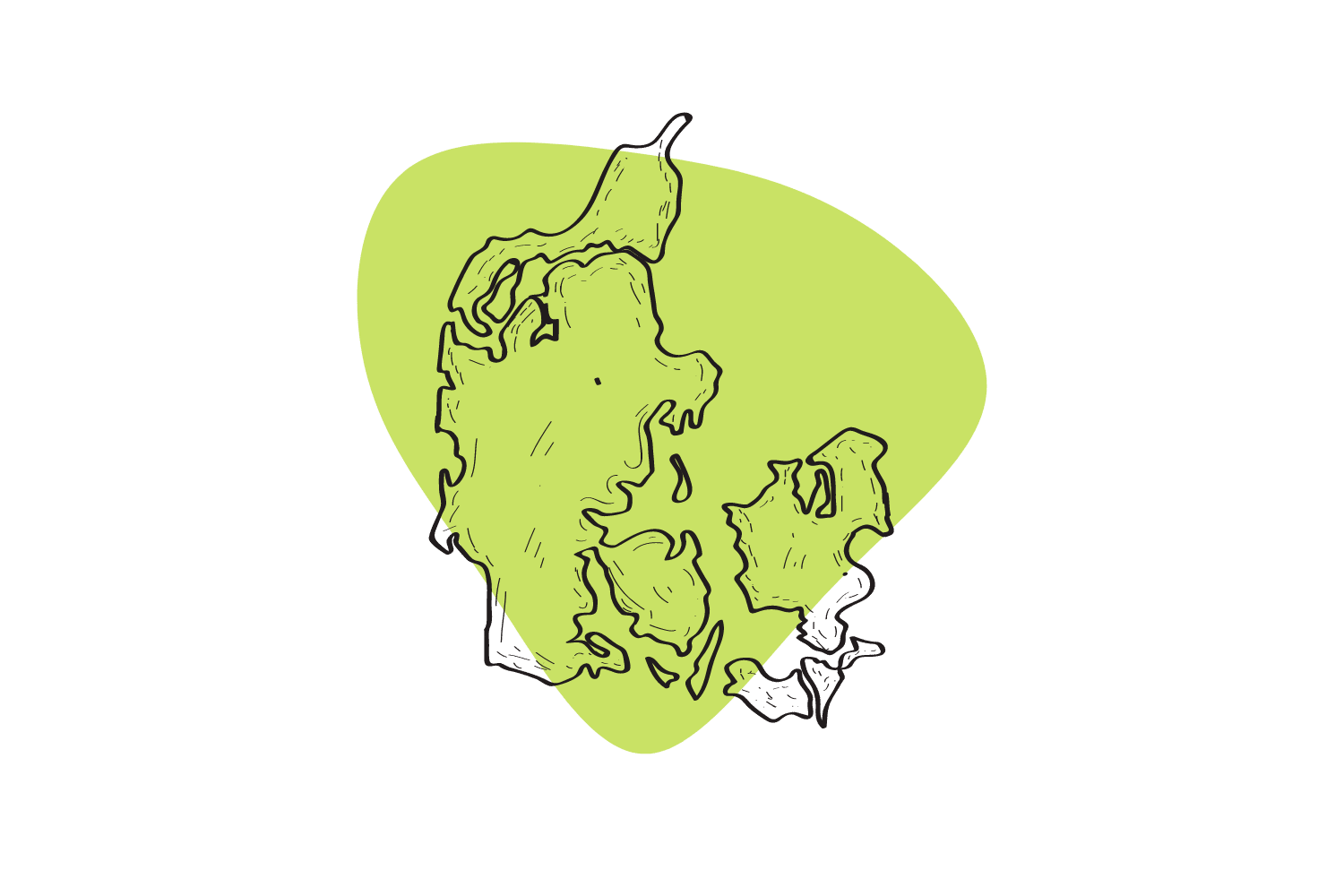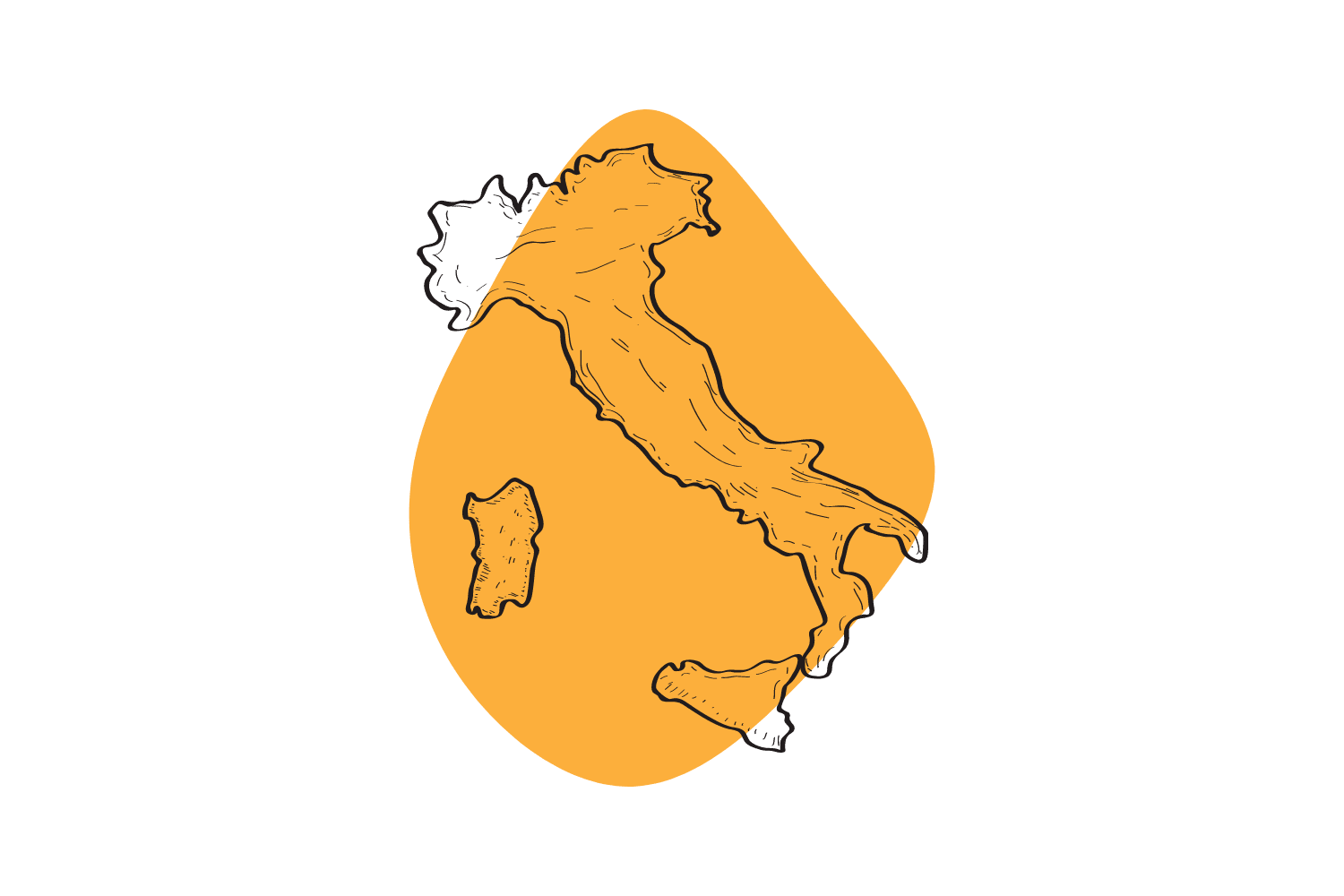Psychedelic Drug Laws in Slovakia
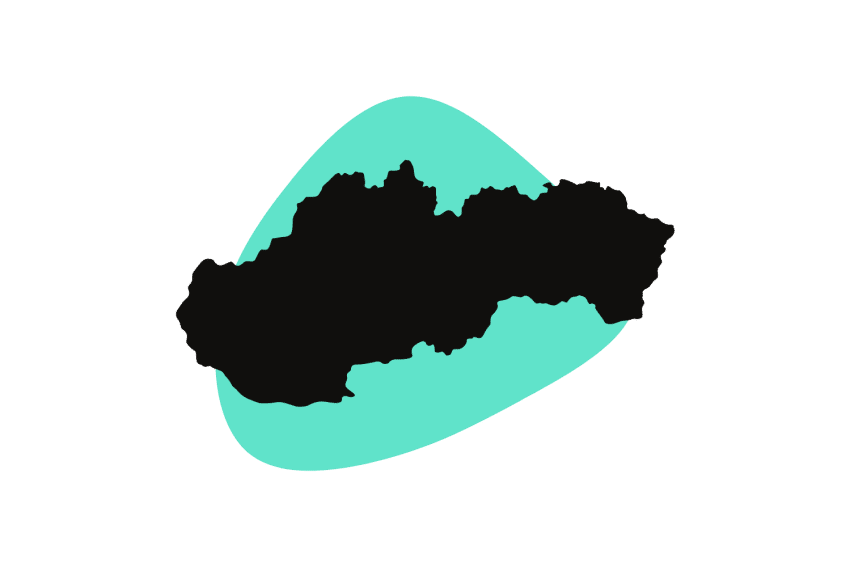
Although psychedelic substances have been proven valuable for therapeutic purposes recently, most countries, including Slovakia, still refuse to decriminalize them.
Following up, we’ll delve into this country’s legal stance on psychedelics, such as ketamine, marijuana, and LSD. We’ll also expand on some of the medicinal uses of magic mushrooms.
Summary of Psychedelic Drug Laws in Slovakia
- Most psychedelic substances are illegal in Slovakia
- Slovakian Penal Code has severe criminal penalties in place for drug-related offenses
- Slovakia’s legal stance on magic mushrooms is somewhat ambiguous
- Legal consequences for marijuana users might be milder in the future
Slovakia: Drugs & Their Penalties
| Class | Substance | Psychedelics | Penalties |
| I (includes salts where applicable) | Cannabis, heroin | LSD, MDMA | 3 doses or less: up to 3 years in prison4-10 doses: up to 5 years in prison |
| II (includes salts where applicable) | Cocaine, amphetamine, methadone | — | 3 doses or less: up to 3 years in prison4-10 doses: up to 5 years in prison |
| III (includes salts where applicable) | Buprenorphine, codeine | — | 3 doses or less: up to 3 years in prison4-10 doses: up to 5 years in prison |
Source: EMCDDA: Slovakia (2009)
Are Magic Mushrooms Legal in Slovakia?
No, magic mushrooms are (most likely) illegal in Slovakia.
Slovakia has one of the most restrictive drug policies in the EU, with severe criminal penalties for drug offenders according to Section 172 of the Slovakian Penal Code.
However, there’s little to no information regarding magic mushrooms, which makes their legality somewhat ambiguous. Still, authorities are likely to consider possession of large amounts of psilocybin a drug offense, resulting in a term of up to three years or more in jail.
Even though most countries’ laws categorize magic mushrooms as dangerous, some institutions, like Johns Hopkins Medicine, advocate for their reclassification.
Where to Buy Magic Mushroom Spores in Slovakia
While magic mushroom spores are legal in many countries — as they don’t contain psilocybin — Slovakia’s stance on spores isn’t exactly crystal clear.
Still, cultivating spores in large quantities is illegal in this country and penalized with a term of imprisonment of three years or more.
Do Magic Mushrooms Grow Wild in Slovakia?
Yes, magic mushrooms grow in all parts of the world, including Slovakia.
Shrooms grow naturally everywhere, except in frigid areas like Antarctica. Next, you’ll learn more about this country’s most commonly found species and where to find them.
However, we don’t recommend actively looking for these in the wild, as you could easily mistake them for other poisonous species.
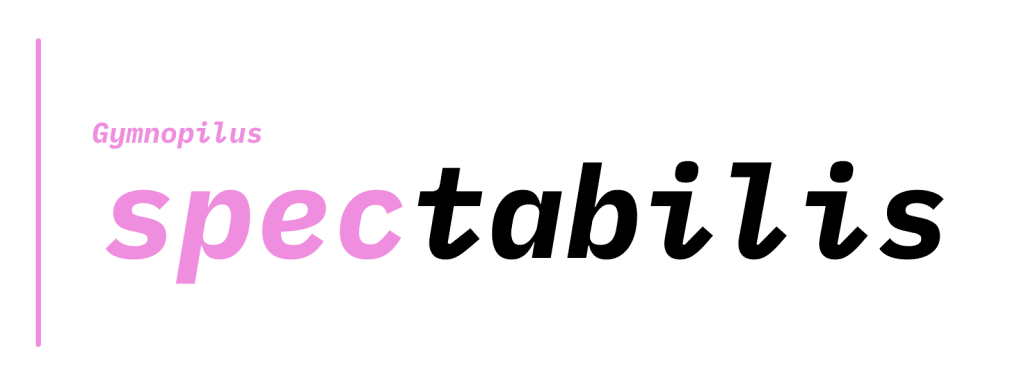
Gymnopilus spectabilis
Commonly known as the spectacular rustgill, this sizeable orange species grows on tree stumps, logs, or bases. You may find it in dense clusters of hardwoods and conifers. They can also grow in moist, lowland wooded areas near rivers.
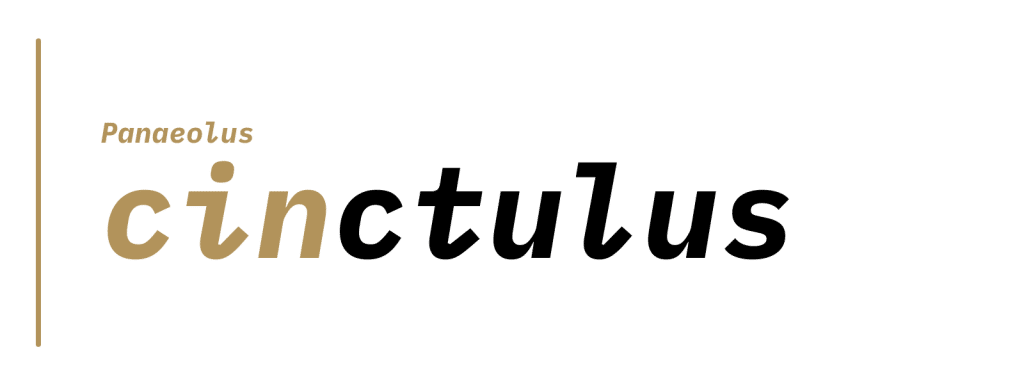
Panaeolus cinctulus
This cosmopolitan species grows solitary to cespitose on compost piles, well-fertilized lawns and gardens, and even on horse dung after rain. Known as the banded mottlegill, you’ll find it from Spring to Fall.
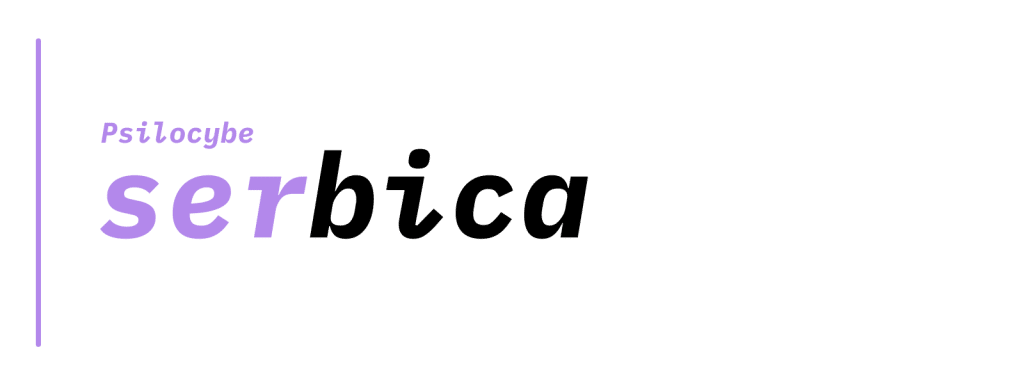
Psilocybe serbica
This species grows in groups, on well-decayed deciduous and coniferous woods, and along other moist places such as creeks and roadside verges, compost, plant residues, and twigs.
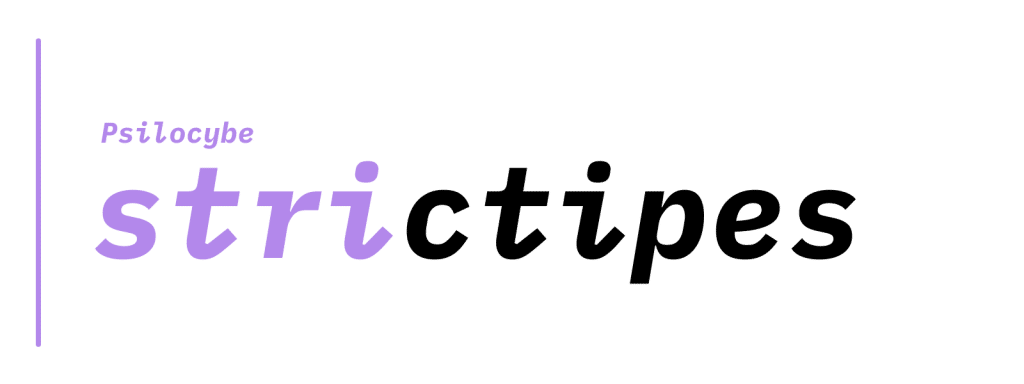
Psilocybe strictipes
This mushroom grows on grassy meadows and lawns but never directly from dung. It fruits in late summer to fall, mainly throughout the cool temperate and subarctic regions.
What Are the Medicinal Uses of Shrooms?
Although recreational use is an utmost concern for most countries’ regulations on psychedelics, recent studies have brought attention to their potential therapeutical purposes [1].
Many North American and European countries are even pushing for their legalization. Interestingly, Canada has already approved the use of MDMA and psilocybin in therapy with excellent results.
These are the disorders that magic mushrooms and other psychedelics can help treat:
- Depression: Patients treated with low doses of psilocybin show remarkable improvements in their symptoms, as it encourages a calm headspace for therapy sessions.
- Post Traumatic Stress Disorder (PTSD): Psychedelics, when used hand in hand with therapy, help patients achieve mental flexibility to process old experiences more easily.
- Existential Anxiety: Elderly and terminally ill people can experience intense anxiety nearing the end of their life, seeing their existence as meaningless. Psilocybin will help them accept their fate and focus on the present.
- Cluster Headaches: Although all psychedelics can counter cluster headaches, psilocybin is the most effective at preventing and reducing their intensity. It is not known precisely how they manage to achieve this, however.
- Addiction: If you’re struggling with anxiety and withdrawal, most psychedelics can help manage your symptoms, especially when accompanied by therapy.
In addition to these medicinal uses, psilocybin and other psychedelics may also improve one’s creativity and problem-solving skills.
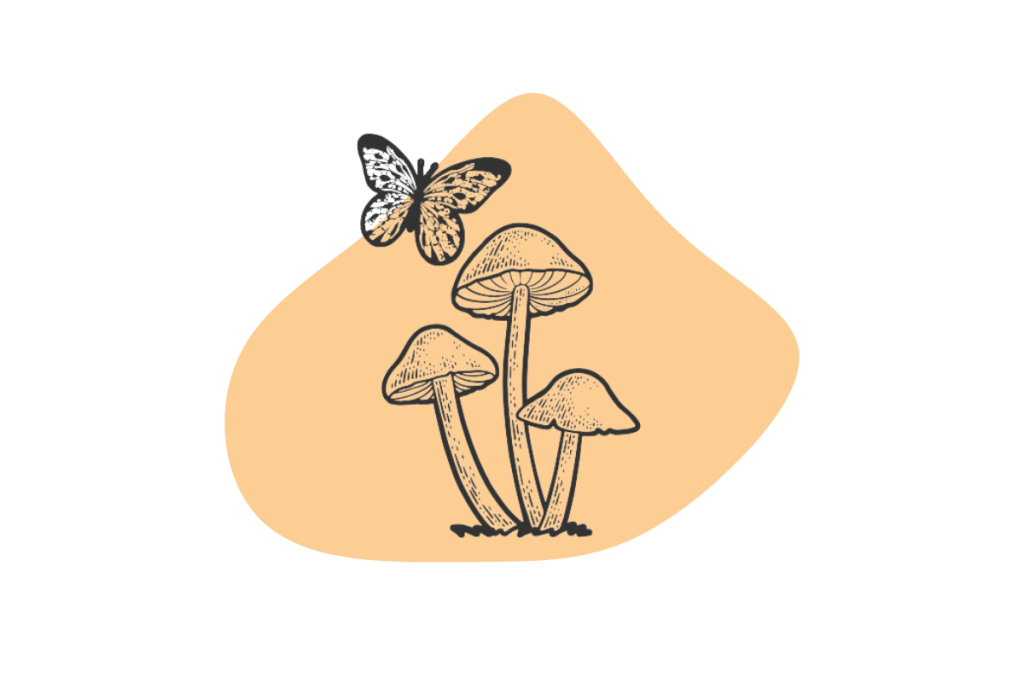
Is LSD Legal in Slovakia?
No, LSD (lysergic acid diethylamide) is illegal in Slovakia.
Using LSD in Slovakia equals facing three or more years of jail. Either purchasing or consuming it is classified as a criminal offense by the Slovakian Penal Code.
Is DMT Legal in Slovakia?
No, DMT (dimethyltryptamine) is illegal in Slovakia.
Although Slovakia did not play a role in the UN Convention on Psychotropic Substances, they still consider DMT a Schedule I substance. Dealing with this narcotic might put you up for five years of imprisonment.
Both ayahuasca and its smokable form, changa, are illegal in Slovakia. Consuming DMT extracts is also out of the question.
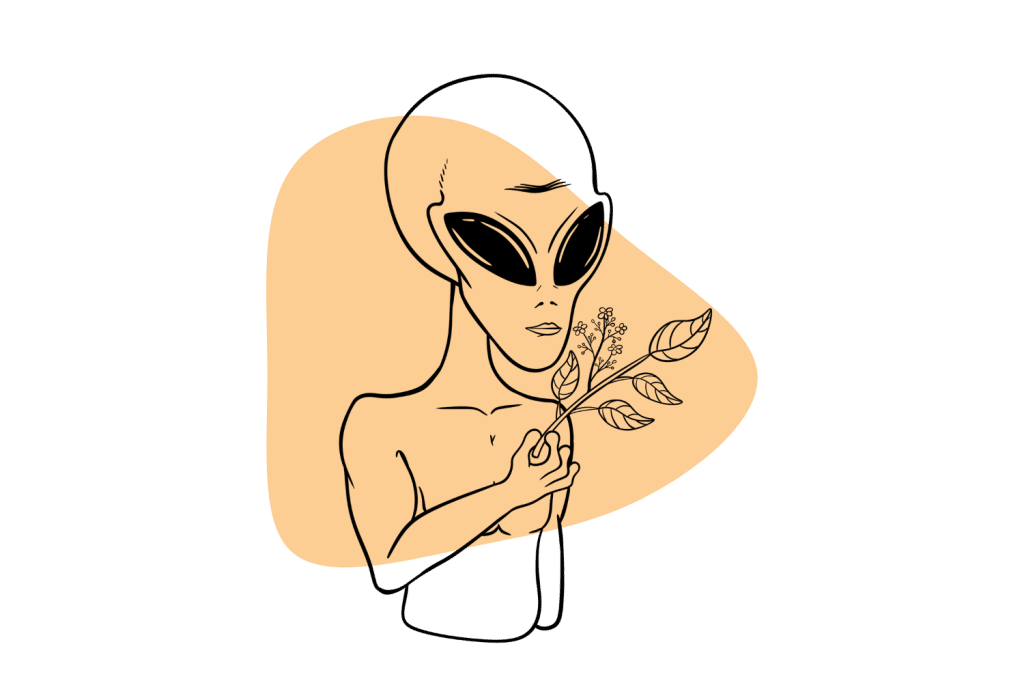
Is MDMA Legal in Slovakia?
No, MDMA (ecstasy) is illegal in Slovakia.
Also known as ecstasy, recent studies have classified this narcotic as a beneficial treatment for various disorders. As a Schedule I substance, using MDMA in Slovakia is still a criminal offense punishable by law.
The same laws apply to other psychoactive amphetamines, except for prescription medications such as Adderall or Vyvanse.
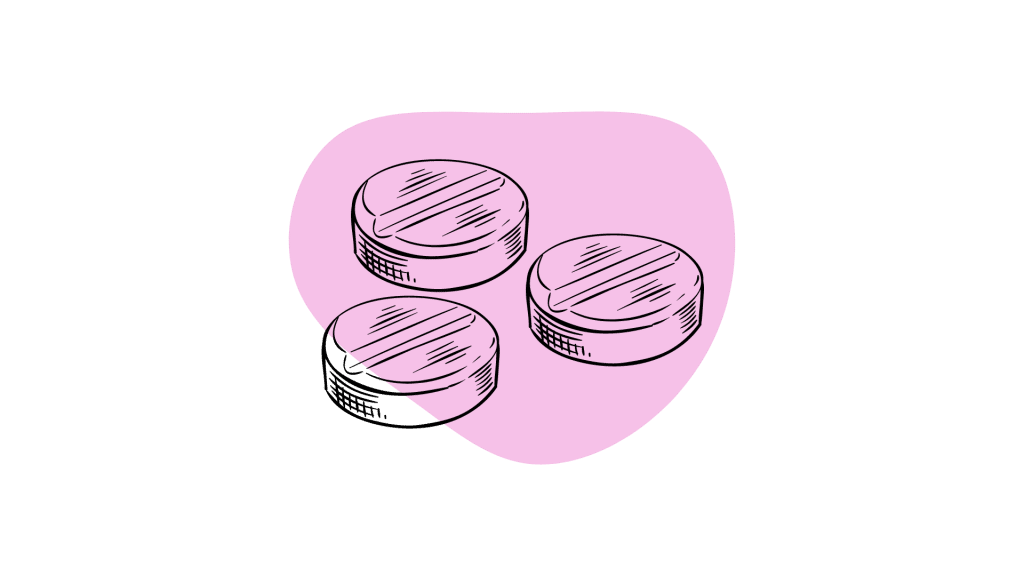
Is Ketamine Legal in Slovakia?
No, ketamine is not legal in Slovakia.
Although you won’t find it on the international convention list, Slovakian law considers ketamine illegal and dangerous.
The substance is classified as Schedule II, meaning they consider it a drug with high potential for abuse leading to severe psychological or physical dependence.
Using ketamine for recreational purposes will also risk a sentence of three to five years in prison. These same rules apply to other dissociative drugs — including PCP (phencyclidine), methoxetamine (MXE), or dextromethorphan (DXM).
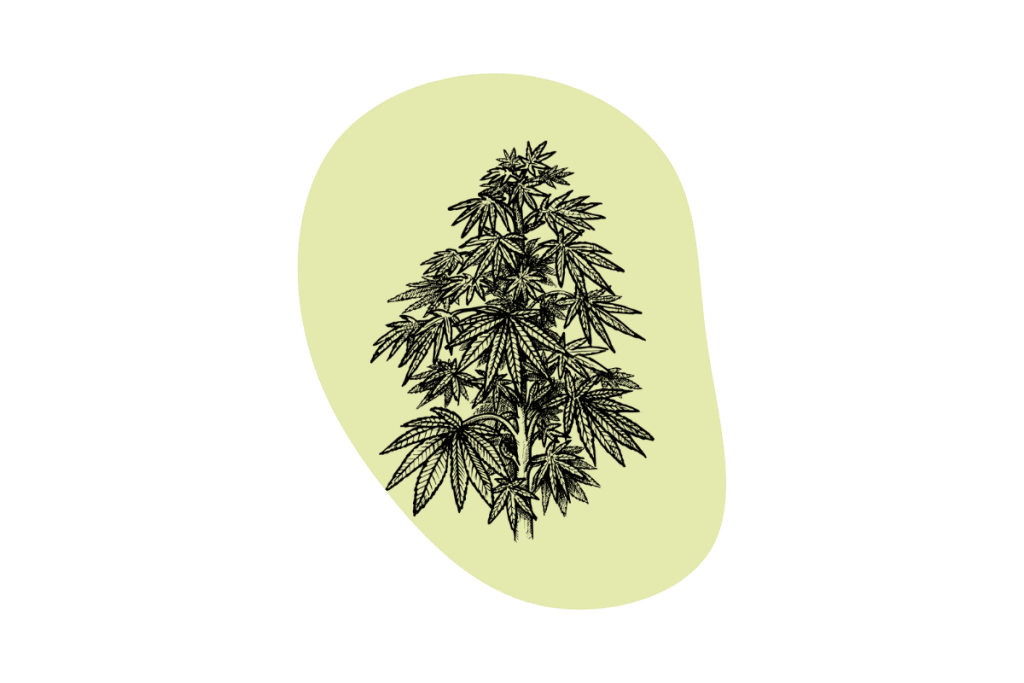
Is Marijuana Legal in Slovakia?
No, cannabis is entirely illegal in Slovakia.
While the recreational use of marijuana is illegal here, several countries allow it for medicinal purposes. Still, Slovakia has outlawed all production, distribution, and use of cannabis and its derivates, delta 8, delta 9, and delta 10 THC.
Recently, the Parliament has expressed interest in distinguishing between personal consumption and retailing.
If they introduce changes to the Penal Code, the maximum penalty should be one year if the quantity corresponds to no more than three times the regular single-use dose. Any more will equal drug trafficking, meaning you’ll face three to five years of jail.
What’s the Difference Between Legalization & Decriminalization?
It is crucial to understand where the difference between legalization and decriminalization lies. This will help you better understand local and international laws and how they reflect on the rest of the world.
When a country, city, or state is taking its first baby steps towards the free and safe use of a substance, we’re talking about decriminalization.
Although decriminalization downsizes the legal consequences for personal use and possession, it still deems distribution and production a criminal offense.
However, when something becomes legalized, all possible penalties are eliminated, and authorities start regulating its production and commercialization. This way, they successfully diminish illegal trafficking by allowing users to purchase safely.
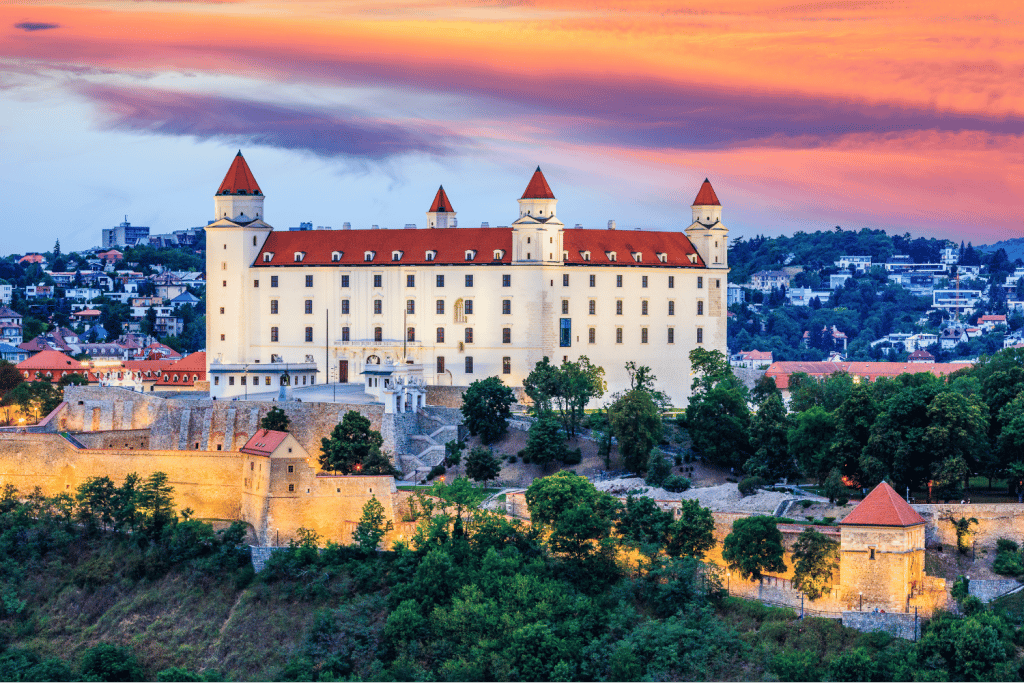
Key Takeaways: What’s the Future of Psychedelics in Slovakia?
Slovakia has one of the harshest regulations regarding psychedelics, and the use of almost any substance leads to imprisonment. However, bill updates and conventions in other European countries may soon influence the local legislators to decrease the current legal penalties.
Moreover, studies showing the advantageous uses of psychedelics are on the rise. Countries like Canada and Portugal are obtaining remarkable results in their psychedelic-based therapy. This is likely to set many countries on the path to decriminalization shortly.
References
- Kargbo, R. B. (2020). Psilocybin therapeutic research: the present and future paradigm. ACS medicinal chemistry letters, 11(4), 399-402.

